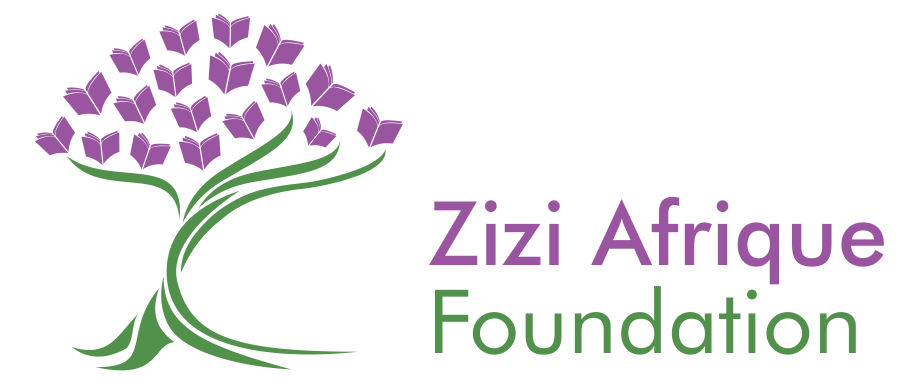We expanded our partnership with families and communities to catalyze their agency for learning.
Engaging parents in their children’s learning boosts the morale of the children, their attitude and academic achievements, and
promotes their ability to socially adjust in life (ZAF, 2023). However, poverty, illiteracy, strained relationships with teachers and
school leaders, and limited understanding of curriculum continue to impede parental participation in their children’s learning
(RELI, 2023).
We continued our learning and co-creation journey of the Parental Engagement and Empowerment (PE&E) framework with the Regional Education Learning Initiative (RELI) Africa and the African Voices Dialogue (AVD) networks, working closely with Grassroots Nest for Innovations and Change (GRiC), Foundation for Inclusive Community Help (FICH), Uganda Society for Disabled Children (USDC) and Pastoral Women’s Council (PWC). We collaborated with others in co-creating a detailed version of the PE&E framework with RELI Africa and AVD and coordinated collective advocacy through networks such as the Values and Life Skills (VaLi) working group and conferences. We co-hosted impact partners at local and regional levels and spoke to parents, school leaders, and children to understand their priority issues with regard to PE&E. Led by AVD, the PE&E team convened three learn shops during the year, with an active global learning community of over 400 participants. In addition, we invited youth champions to volunteer to facilitate literacy learning in their communities. By the time we convened in Kenya in November 2023, we applied our collective experiences to finalize the first draft of the PE&E framework
We continued our learning and co-creation journey of the Parental Engagement and Empowerment (PE&E) framework with the Regional Education Learning Initiative (RELI) Africa and the African Voices Dialogue (AVD) networks, working closely with Grassroots Nest for Innovations and Change (GRiC), Foundation for Inclusive Community Help (FICH), Uganda Society for Disabled Children (USDC) and Pastoral Women’s Council (PWC). We collaborated with others in co-creating a detailed version of the PE&E framework with RELI Africa and AVD and coordinated collective advocacy through networks such as the Values and Life Skills (VaLi) working group and conferences. We co-hosted impact partners at local and regional levels and spoke to parents, school leaders, and children to understand their priority issues with regard to PE&E. Led by AVD, the PE&E team convened three learn shops during the year, with an active global learning community of over 400 participants. In addition, we invited youth champions to volunteer to facilitate literacy learning in their communities. By the time we convened in Kenya in November 2023, we applied our collective experiences to finalize the first draft of the PE&E framework
What did we Achieve?
89 percent of the children who had attended at least three learning camps in English progressed by at least one level, compared
to 86 percent in the Kiswahili cohort. Additionally, within 30 days, 45 percent could read a story in English while 43 percent
could read in Kiswahili. Notably, the villages under Kiswahili intervention had the lowest learning levels at baseline and recorded
slightly lower gains over the project’s period.
582 community conversations were held, reaching 7,598 parents. Some offered their compounds as learning spaces for the
children during the camps. An analysis of attendance data showed that there was a significantly higher number of females
attending these conversations at any given time compared to their male counterparts. In quarter four of 2023, out of the villages
surveyed, 72 percent of parents attending community conversations were mothers/female guardians.
Study packs were distributed to 780 learners in 52 villages. This gesture excited communities the most, and learning camps
recorded increased self-enrolment from across the village.
